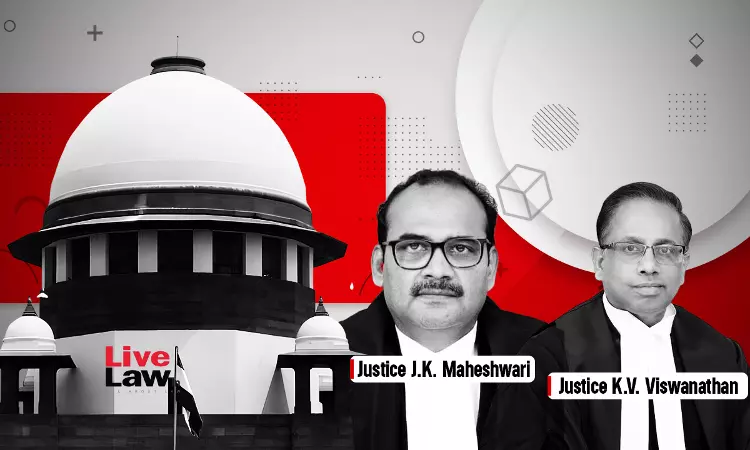Employee Found Unsuitable For Job Can Be Dismissed Without Notice During Probationary Period : Supreme Court
Suraj Parmar
9 Sept 2023 6:28 PM IST

Next Story
9 Sept 2023 6:28 PM IST
The Supreme Court recently reiterated the distinction between simpliciter termination and punitive termination. This distinction is crucial since if the order of termination is punitive or stigmatic in nature, it becomes mandatory to conduct an inquiry following the procedure and an opportunity to be heard has to be given. Failure to do so may make such termination/discharge illegal and...
